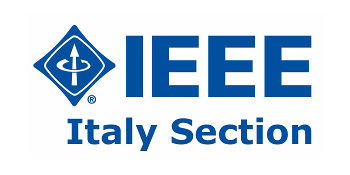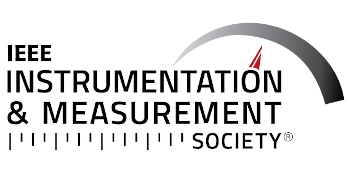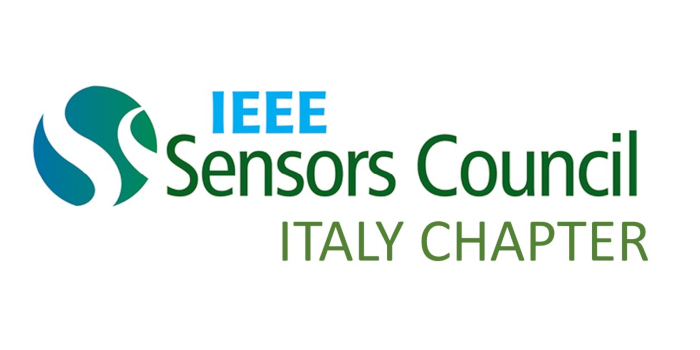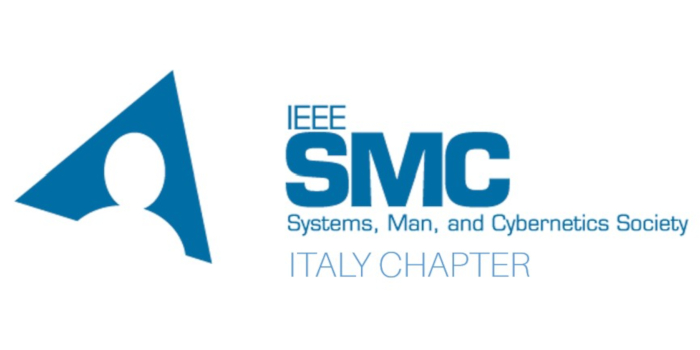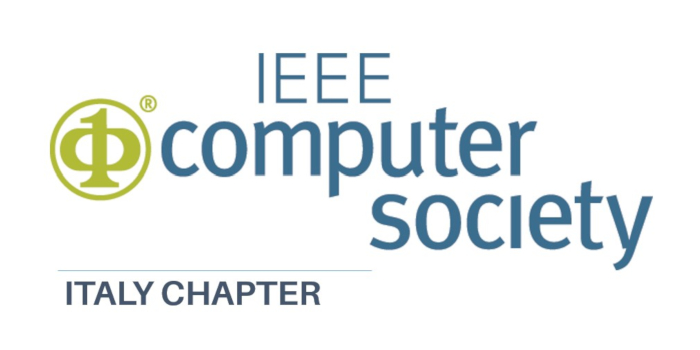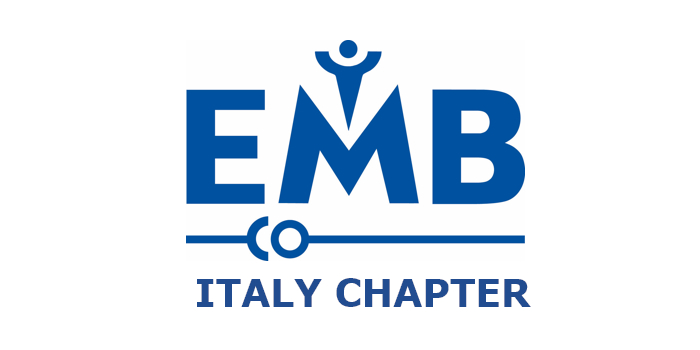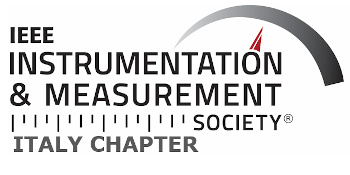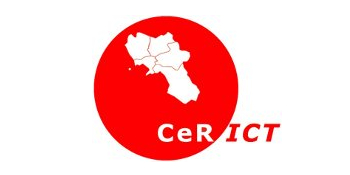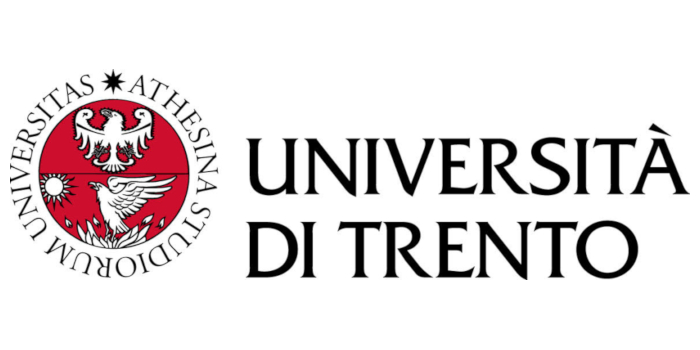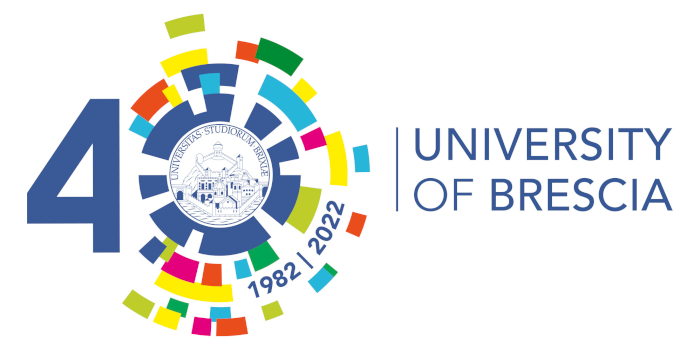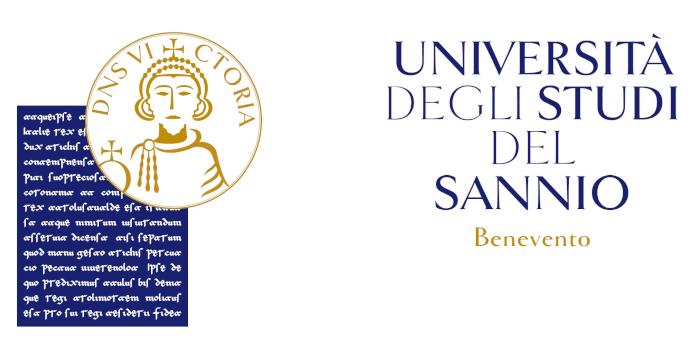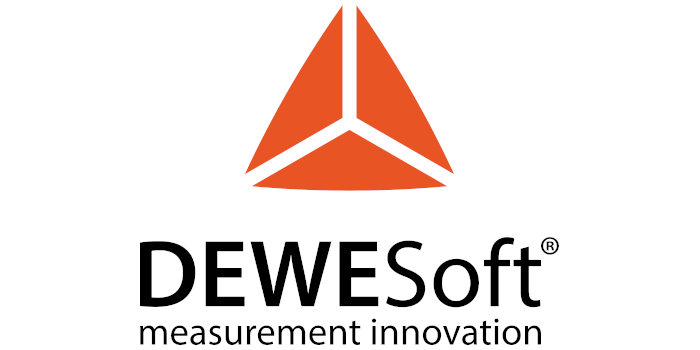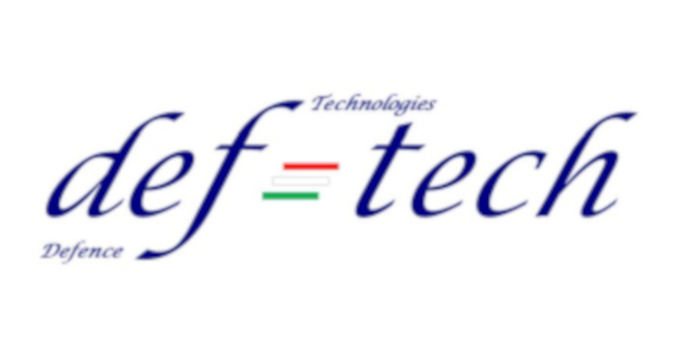Printed Sensors for Industrial and Medical IoT: Innovation and Challenges
ORGANIZED BY

Michela Borghetti
University of Brescia, Italy

Bruno Andò
University of Catania, Italy
ABSTRACT
Innovative fabrication technologies, such as printed electronics and additive manufacturing, represent a growing market. In the future, a high demand for sensors and IoT devices integrated on any object with arbitrary size and shape is envisaged. In this regard, new fabrication technologies are a viable solution for the design and fabrication of new sensors and IoT devices on several substrates in different objects. Printed sensors and printed electronics are adopted in many applications in the fields of Wearable devices, Industry 4 0 and IoT, in order to monitor physical and chemical quantities and to improve the health or the efficiency of the industrial processes. Indeed, printed electronics offers techniques for the production an integration of unconventional sensors and electronic systems or for making conventional objects “smart”.
Accordingly, this special session encourages submissions about sensors integrated on objects by additive manufacturing technologies (screen printing, inkjet printing, aerosol jet printing, etc.) for industrial and biomedical applications, focusing on the metrological aspects of the printed sensors.
TOPICS
Topics include (but are not limited to):
- Innovative fabrication technologies;
- Printed sensor applications;
- Flexible/stretchable electronics;
- Printed sensor system;
- Additive manufacturing;
- Sensors for smart devices;
- Innovative fabrication methods for sensors directly on objects;
- Metrological characterization of sensors for biomedical and industrial applications;
- Signal processing for printed sensors and smart objects;
- Printed sensors integrated on wearable and IoT devices;
- Hybrid printed electronics.
ABOUT THE ORGANIZERS
Michela Borghetti received the M.S. in Electronics Engineering and the Ph.D in Technology for Health from the University of Brescia (Italy) in 2012 and 2016 respectively. From 2016 to 2017, she was temporary research fellow with the Department of Information Engineering, University of Brescia. Currently she is Research Fellow with the same department. Her research activity includes the design, the fabrication and the characterization of sensors for biosignals and healthcare using low-cost technologies. Furthermore, she is developing smart devices and smart objects for industrial applications.
Bruno Andò, is Associate Professor in Measurement Science at the Department of Electric, Electronic and Information Engineering of the University of Catania. He received the M.S. in Electronic Engineering and the Ph.D. in Electrical Engineering in 1994 and 1999, respectively. His research activity focuses on technologies for the rapid prototyping of sensors, smart sensing systems for Assistive Technology, smart materials for sensors, multi-sensor architectures and sensor networks, non linear energy harvesting, advanced signal processing.
Since 2013 he is a Senior Member of IEEE.
He is the Editor in Chief of the IEEE Magazine on Instrumentation and Measurements and Associate Editor of the IEEE Transactions on Instrumentation and Measurements.


